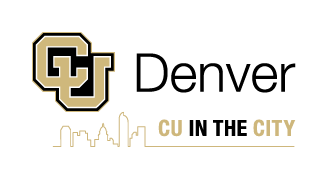Education
Breaking Barriers: Advancing Diversity, Access, & Equity in the Teaching Profession

Implementation & Impact Evaluation
Overview
The University of Colorado Denver’s Breaking Barriers project is designed to mitigate and remove the barriers that have historically limited access for individuals from racially, culturally, and linguistically diverse backgrounds to enter and remain in the teaching profession. The program aims to increase state-wide access through an innovative portfolio of evidence-based, clinically focused preparation pathways for undergraduate students. The Breaking Barriers project removes financial barriers for candidates through opportunities for paid clinical roles as well as critical recruitment and retention scholarships.
Evaluation Approach
Our evaluation activities are closely aligned with the project’s goals and provide both formative and summative insights to support continuous improvement. We are actively tracking scholarship recipients to monitor their progress through the program and assess the role of financial support in reducing barriers to entry and persistence. Our Implementation Evaluation approach allows for continuous improvement and data–informed decisions as the program continues to develop and support students.
Evaluation Activities:
- Scholarship Tracking: Monitor demographics, progress, retention, and graduation of scholarship recipients.
- Interviews: Conduct interviews with participants engaged in affinity groups and various teacher pathways
- Survey Development and Analysis: Develop and administer surveys to assess mentor training, support and satisfaction in connection with Colorado State Standards.
- Case Studies: Based on student experiences with specific barriers learned through other data collection efforts (e.g., praxis preparation and testing)
- Collaborative Documentation and Data Review: Tracking outputs and engagement with client in addition to collaborative data review sessions to make data- informed decisions about program improvements.
Timeline
October 2024 – September 2029
POPULATION SERVED
Students and teacher candidates from racially, culturally, and linguistically diverse backgrounds

